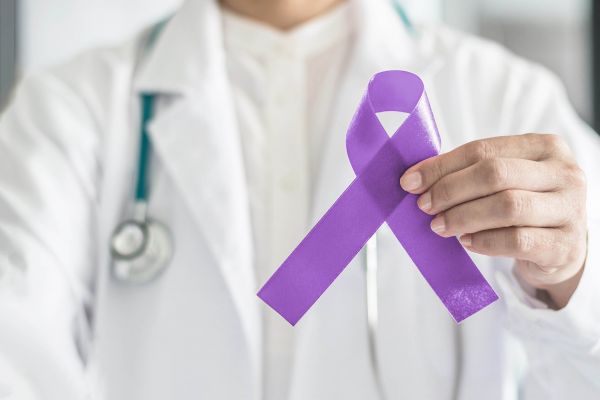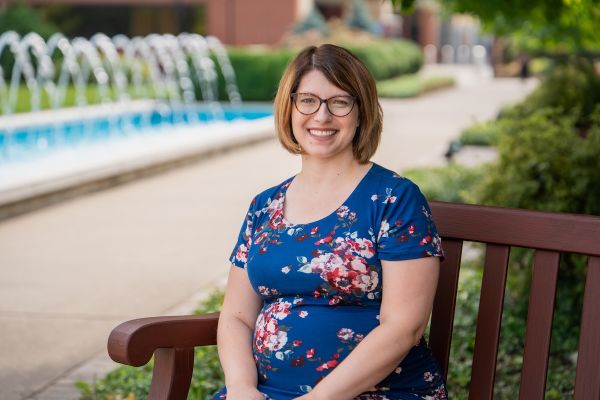At the time of diagnosis, patients who have low-risk disease (not likely to spread) may opt for active surveillance — monitoring the cancer without undergoing treatment right away. In those cases, we usually do not discuss fertility preservation with the patient, because normal sperm production is not likely to be affected.
If the patient will undergo treatment, it’s time to discuss sperm banking, or cryopreservation. This involves collecting sperm from the man, then freezing and storing it at a special facility until he and his partner decide they want to start a family.
When a cancer patient is referred to a facility that offers sperm banking, the first appointment is usually made quickly so treatment will not be delayed. But the process may take a while: after the man leaves the first sperm deposit, the fertility clinic will need to find out whether it contains enough healthy, active sperm to provide a good chance for the man’s partner to conceive in the future. If not, it may be necessary to return to the clinic several times to ensure that there are enough viable sperm to achieve pregnancy in the future.
Testicular Cancer Symptoms
Most cases of testicular cancer are found by men themselves, know the symptoms to look for.
Learn MoreThe man’s cancer treatments can begin as soon as the sperm deposits are safely stored at the fertility clinic. There is a fee for both beginning the sperm-collection process and for each year the sperm is kept in frozen storage. These costs vary among facilities, and insurance may cover part of the cost.
In a small minority of patients, the disease is so far advanced at the time of diagnosis that it is life-threatening, and treatment must begin immediately. In those cases, there is not enough time to go through with the sperm-banking process. However, this is quite uncommon.
If you are a testicular cancer survivor who is sexually active and not planning to have children, keep in mind that you may still be fertile even after treatment. Some men who have been treated for testicular cancer but who did not bank their sperm in advance have nevertheless gone on to father children. If you aren’t ready to start a family, assume that your partner could become pregnant, and use birth control accordingly.
At Roswell Park, patients can be referred to the Oncofertility program, who can assist with New York State mandated blood work and make a smooth process to getting sperm banking done.


